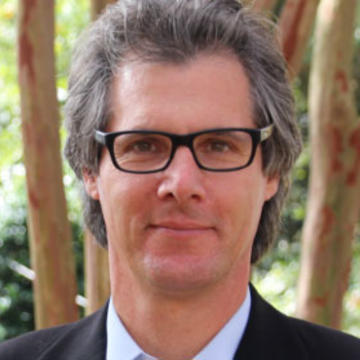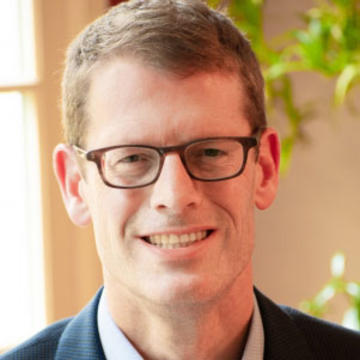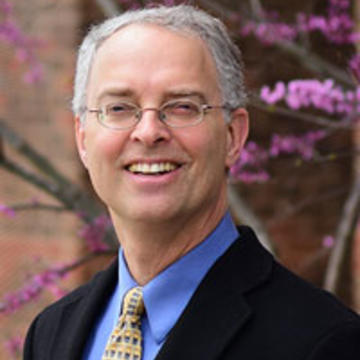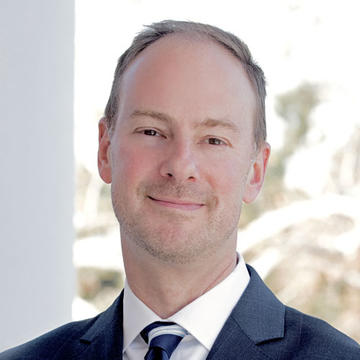Cornell University Press
‘The Myth of the Nuclear Revolution: Power Politics in the Atomic Age’
Keir Lieber, Daryl G. Press, Dale Copeland, Todd Sechser
2:00PM - 3:00PM (EST)
Event Details
Keir A. Lieber and Daryl G. Press discuss their new book, The Myth of the Nuclear Revolution, which tackles the central puzzle of the nuclear age: the persistence of intense geopolitical competition in the shadow of nuclear weapons. They explain why the Cold War superpowers raced so feverishly against each other; why the creation of "mutual assured destruction" does not ensure peace; and why the rapid technological changes of the 21st century will weaken deterrence in hotspots around the world. Ultimately, Lieber and Press discover answers to critical questions: how much capability is required for a reliable nuclear deterrent, how conventional conflicts may become nuclear wars, and how to prevent new technology from ushering in an age of nuclear instability.
This event is co-sponsored by the UVA Democracy Initiative's Democratic Statecraft Lab.
When
2:00PM - 3:00PM (EST)
Where
Speakers

Keir Lieber

Daryl G. Press

Dale Copeland

Todd Sechser